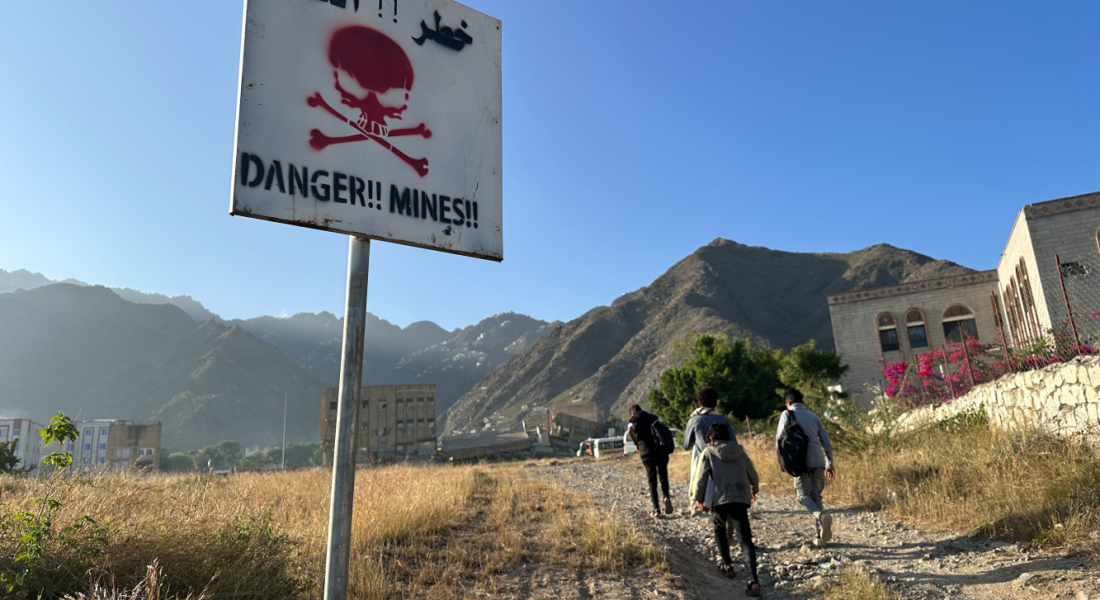The ongoing deployment of landmines and improvised explosive devices (IEDs) by the Houthis in Yemen continues to cause civilian casualties, displacement, and long-term harm to infrastructure and livelihoods. These practices violate core principles of international humanitarian law (IHL), particularly the prohibitions against indiscriminate weapons and attacks on civilians.
Under the 1997 Anti-Personnel Mine Ban Convention and the Geneva Conventions, the use of landmines in civilian areas is unlawful. Such actions deny civilians their rights to life, freedom of movement, education, and safe access to essential services. The Houthis’ use of landmines therefore constitutes both a humanitarian crisis and a breach of international legal obligations.
Ensuring accountability for these violations is critical. International partners should prioritise:
-
Systematic documentation of mine use and civilian impact;
-
Support for international and domestic legal mechanisms to address violations;
-
Measures to reduce impunity, including sanctions or legal action against perpetrators.
Humanitarian mine action is essential to mitigating these violations. Project Masam, with primary funding from the King Salman Humanitarian Aid and Relief Centre (KSRelief), remains the largest operational demining initiative in Yemen. KSRelief’s sustained support has been vital in preventing further civilian casualties. Without this funding, the humanitarian impact of Houthi landmine use would be significantly greater.
To reduce harm and support the protection of civilians in Yemen, Project Masam recommends the following policy priorities:
-
Increase international funding and resources for mine clearance operations;
-
Strengthen technical training and equipment support for demining personnel;
-
Integrate civilian protection from landmines into peace and security negotiations;
-
Maintain political pressure on the Houthis to cease the use of prohibited weapons.
Landmines in Yemen are not only a humanitarian issue but a legal and policy challenge that requires coordinated international action. Addressing accountability, sustaining support for clearance, and embedding civilian protection in diplomatic processes are essential steps to uphold international law and safeguard the rights and futures of Yemen’s civilians.

